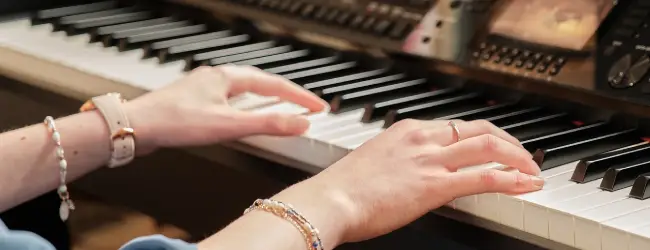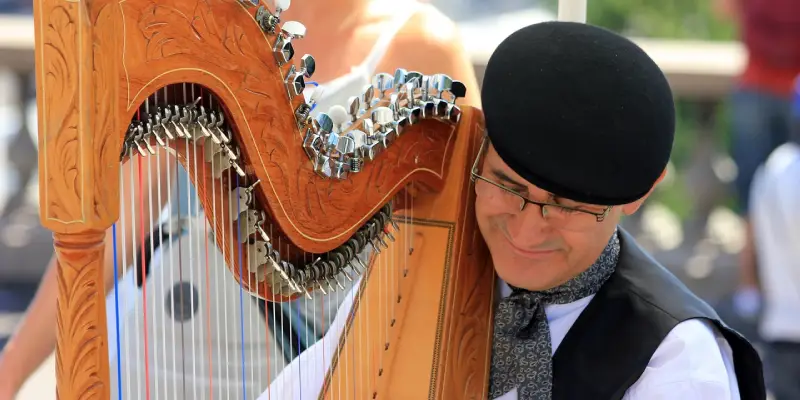Today, I’m going to talk about a creative mind. I think that the more skills we acquire for the tool, the more attachments we have to it.
Our attachment to our tools
One day, a friend of mine said. “I usually wear affordable clothes. Although I sometimes buy some expensive clothes, I seldom wear them because I’m afraid to get the clothes dirty. But I’ve come to have an attachment to the affordable ones. On the other hand, I’ve never had an attachment to those seldom-used, expensive clothes. And now the expensive ones have become unfit for me. I regret that I didn’t wear them more.”
Her regret and attachment are both interesting mental works. However, in this article, we will focus on our attachment to our items.
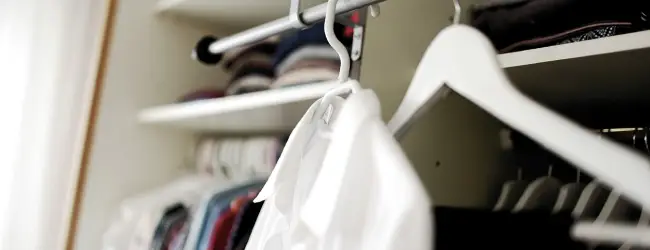
I think that sometimes we experience such a feeling. We sometimes come to have special emotions, such as attachment or love. Especially, we would have it for the frequently used tools, whether they are expensive or not.
But I noticed that I could say more precisely. Perhaps the amount of difficulties we overcome together leads to attachment to our tools. In other words, the amount of skill we acquired for the tool gives us attachments to it. If we understand this logic, we might be able to use our tools with more love.
My attachment to my cookware
To explain that, I’ll talk about myself. As I mentioned in the articles these days, I use only a cast-iron pan (a skillet) and a stainless steel pot as my main cookware. I use them on an electric cooktop.
But I have different emotions about each of them. I love my skillet. If I lost it, I would cry. On the other hand, I don’t have any attachments to my stainless pot. Perhaps I can easily throw it away if it becomes unusable.
I think that the factor that makes the difference is the amount of skill we acquired for the tool.
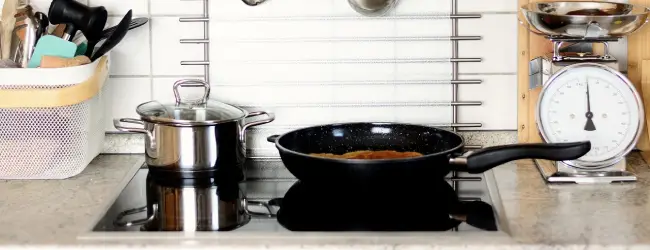
Why I love my skillet
In my opinion, cast-iron skillets are not easy cookware to use. It is heavy and sticky compared to normal non-stick pans. It won’t heat up soon. It could rust quickly if we neglect maintenance. And managing the temperature is also difficult. So we need skills to use it well.
But if we learn how to use it efficiently, it gives us great tastes. So I believe in the potential of the skillet. That’s my problem. Not a skillet’s problem.
So I try cooking with my skillet first more than any other cookware, even if it is a new recipe. And in many cases, after much trial and error, I learned the skill to cook them well. That gave me more confidence and faith in the skillet. In other words, I loved it more and more.
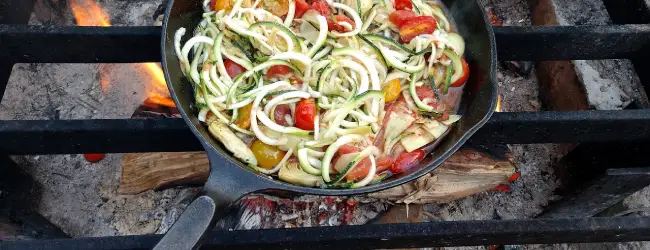
No attachment without learning
On the other hand, I don’t have any attachments for my stainless steel pot. Perhaps that’s because I don’t need any skills to use my stainless pot.
To be honest, I use my pot far more often than my skillet. Because I like soups. It’s tasty, especially during the winter. In addition, I have had a weak liver since birth, and soups are healthy for my liver. So I frequently cook soups in my pot.
But even if I used it frequently, I seldom learned new skills for my pot. It’s easy to use. After putting the ingredients in it, just simmer them. Perhaps it describes my lack of attachment to it.
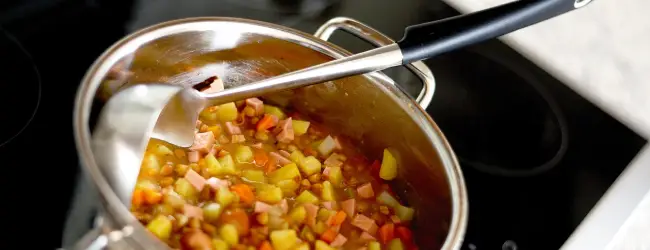
Loving our tools
Perhaps we can apply this mental work to many tools. We often come to love the tools that we learned and used a lot. It’s not only cookware but also many tools, such as clothes, furniture, stationery, apps, and computers.
In other words, the more we learn and make our dreams come true together, the more we love it. It’s like one of our life partners.
I think this is the feeling of the main tools for the creators.
Conclusion
So I think that the more skills we acquire for the tool, the more attachments we have to it.
Sometimes we love our tools. Perhaps that is proof that we have created new things together.
If we understand this logic, we might be able to use our tools with more love.
Thank you for reading this article. I hope to see you at the next one.
